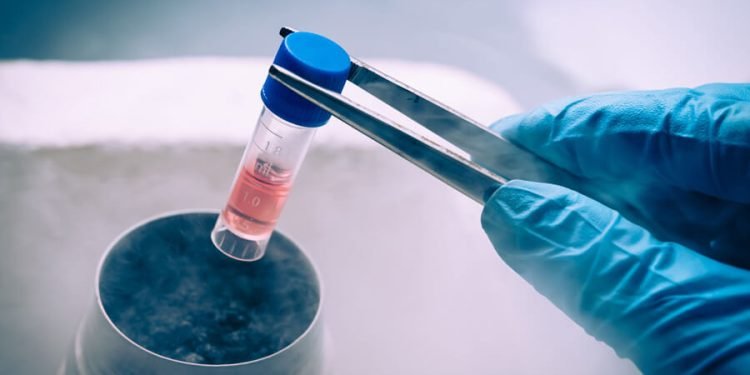Fertility is not just a biological phenomenon but is also a financial and emotional phenomenon. Egg freezing is a medical procedure that involves extracting and freezing a woman’s eggs for future use. With more and more women choosing to have kids later in their life, this process has gained popularity in recent years. It is a way for women to preserve their fertility and have more control over their reproductive choices. If you have been contemplating the options of egg freezing, check Sher Fertility Solutions for egg freezing. If you want to know more about the concept, read on.
How Does Age Impact Egg Freezing?
When it comes to egg freezing, age is an important factor. More eggs are typically accessible for freezing in younger women, which can improve success rates. With aging, a woman’s eggs lose some of their quality. The genetic integrity of women’s eggs may be impaired as they age, increasing the likelihood of chromosomal disorders. Younger eggs are often of higher quality and have a higher success rate for conceiving children. Younger women have better success rates with egg freezing than older women do. According to studies, a woman’s chance of having a healthy delivery from a frozen egg decreases as she ages, particularly after the age of 35.
What Is the Best Age to Consider Egg Freezing?
The ideal age to contemplate egg freezing depends on a person’s health, reproductive history, and future family planning objectives, among other factors. In her late 20s to early 30s, a woman’s fertility begins to weaken; at the age of 35, the decline quickens. Women may be able to freeze a larger number of higher-quality eggs by doing so before this reduction becomes noticeable, usually before the age of 35.
This can raise the likelihood that future pregnancies will be successful. The ideal age to think about freezing eggs can also depend on a person’s family planning objectives. Consider egg freezing earlier in life to preserve a woman’s fertility potential if she intends to put off having children for professional, educational, or personal reasons as well and is not yet eager to establish a family. Personal health should also be taken into account. Consider egg freezing earlier if a woman has any medical conditions like PCOS or endometriosis that could impair her ability to conceive, or if she plans to undergo fertility-impairing therapies like chemotherapy or radiation therapy.
Factors To Consider For Egg Freezing
- Age: The age at which a woman considers egg freezing is a critical factor. Younger women typically produce more eggs of greater quality, which can increase the likelihood of success. When done earlier in life, before a woman’s reproductive potential starts to severely drop, which is normally before the age of 35, egg freezing is generally more successful.
- Fertility health: A fertility specialist should evaluate a woman’s overall fertility health, which includes elements including regular menstrual cycles, ovarian reserve, and reproductive history. The outcome of this assessment can be used to estimate the success rate of egg freezing.
- Personal health: A woman’s overall health as well as her medical history are crucial factors to take into account. The success of egg freezing may be impacted by certain medical disorders, including polycystic ovarian syndrome (PCOS) and endometriosis, which can decrease fertility. Furthermore, any current medical issues or prescription drugs that may affect fertility should be considered.
- Family planning goals: Future family planning objectives must be taken into account. Egg freezing can be a choice for preserving reproductive potential if a woman wishes to postpone motherhood due to work, school, or other factors and is not yet prepared to start a family.
- Emotional readiness: Egg freezing can be emotionally draining, so it’s crucial to think about whether you’re emotionally ready to go through with it. It might entail hormonal stimulation, egg harvesting techniques, and future disposition decisions involving frozen eggs, all of which may have emotional repercussions.
- Financial considerations: The cost of the operation, including the start of the process and recurring storage expenses, should be taken into account because egg freezing may prove to be costly. Planning your finances and being aware of the costs of freezing eggs are crucial considerations.
Having a particular age attached to something so emotional and multifaceted like fertility can be quite draining emotionally. However, with a little bit of planning, and doing due research, you will be able to freeze your eggs well in time before a certain timeline and have the best of luck on your side. By getting egg freezing done in time, you are essentially securing your future and potential parenthood well before time, so that you can enjoy your life now without the constant ticking of the clock.












